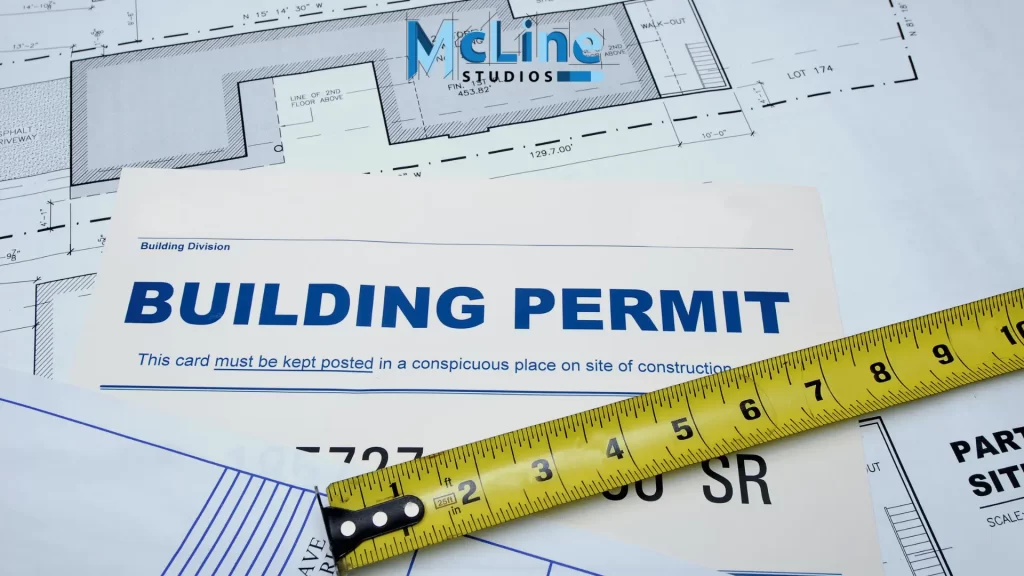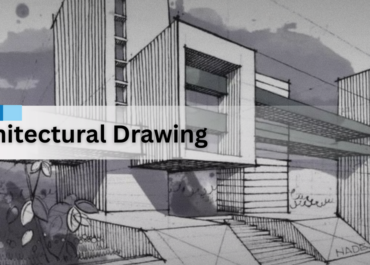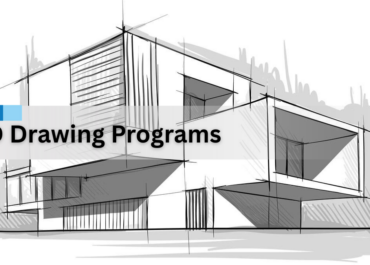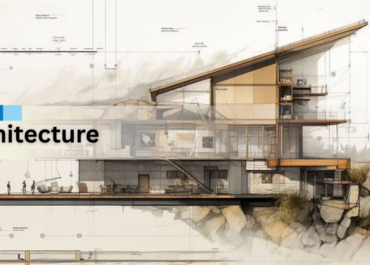When undertaking a construction project, architects and builders rely on detailed drawings and plans to guide the work. These technical drawings serve different purposes at various stages of the project.
The permit set contains the drawings submitted for approval from the zoning and building departments. The construction set provides comprehensive plans that the contractors will use for actual construction. While the permit set and construction set overlap in content, there are key differences.
This article will explain what each set entails and how they differ in purpose, level of detail, and information provided. Examining the differences between permit sets and construction sets provides insights into the complex process of taking a building from concept to reality.
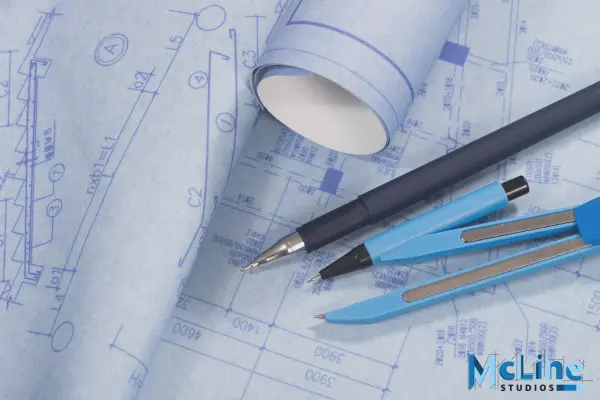
Understanding How Permit Sets Are Different from Construction Sets
| Feature | Permit Sets | Construction Sets |
| Purpose | Obtaining necessary approvals and permits from authorities. | Guiding the actual construction of the project. |
| Content | Typically includes basic drawings and documentation required for permits. | Comprehensive set of detailed drawings, specifications, and instructions for construction. |
| Level of Detail | General and sufficient for obtaining approvals. | Highly detailed and specific for construction teams to follow. |
| Approval Process | Submitted to local building authorities for review and approval. | Not necessarily subject to formal approval, but may be reviewed by the client and construction team. |
| Scope | Focuses on demonstrating compliance with building codes and regulations. | Provides detailed information for contractors to execute the project accurately. |
| Timeline | Produced early in the design phase to initiate the permitting process. | Developed after obtaining permits, during the detailed design phase. |
| Changes | Changes post-approval may require additional permitting. | Changes can be accommodated during the construction phase, often through change orders. |
| Key Documents | Site plans, floor plans, elevations, and other basic drawings. | Detailed architectural, structural, mechanical, and electrical drawings, along with specifications. |
| Audience | Primarily for regulatory authorities and permit reviewers. | Targeted towards contractors, subcontractors, and construction professionals. |
| Legal Compliance | Emphasizes compliance with local building codes and regulations. | Ensures that the construction adheres to the approved design and meets industry standards. |
Who Prepares Permit Sets and Construction Sets?
Permit sets and construction sets are typically prepared by architectural drafters in collaboration with other professionals involved in the construction process. Architects play a pivotal role in the design and planning of buildings, ensuring compliance with local building codes, zoning regulations, and safety standards.
The permit set is a comprehensive set of drawings and documents submitted to local authorities to obtain the necessary permits for construction. This set includes detailed architectural plans, site plans, structural drawings, and other relevant documentation required for approval.
Once permits are secured, the construction set is developed. This set is a more detailed and refined version of the permit set, providing in-depth information necessary for construction teams. It encompasses precise measurements, material specifications, and additional details crucial for builders, contractors, and subcontractors to execute the project accurately.
Collaboration with structural engineers, MEP (mechanical, electrical, plumbing) consultants, and other specialists is common during the preparation of these sets. Architects ensure that the designs not only meet regulatory requirements but also fulfill the client’s vision while facilitating smooth communication among all stakeholders involved in the construction process.
Importance of Permit Sets and Construction Sets
Permit sets and construction sets play a pivotal role in the successful execution of construction projects, serving as crucial documents that guide the entire construction process. These sets of documents are essential for obtaining necessary approvals, ensuring compliance with regulations, and facilitating effective communication among project stakeholders. The importance of permit sets and construction sets can be highlighted in various aspects:
Regulatory Compliance
- Permit Sets: These sets of documents are specifically designed to meet the requirements of local building authorities and regulatory bodies. They include detailed plans and specifications that demonstrate how the construction project aligns with zoning regulations, building codes, and other legal requirements.
- Construction Sets: Once permits are secured, construction sets come into play. They provide comprehensive details about the actual construction process, incorporating design modifications or adaptations necessary to meet on-site conditions while ensuring continued compliance with regulations.
Communication and Collaboration
- Permit Sets: These sets serve as a standardized communication tool between project owners, architects, engineers, and regulatory agencies. They help in clearly conveying the design intent and construction details, fostering understanding and collaboration among stakeholders.
- Construction Sets: As the project progresses, construction sets become the reference point for contractors, subcontractors, and workers. They aid in effective communication of design changes, construction methodologies, and quality standards, reducing the likelihood of errors and misunderstandings.
Risk Mitigation
- Permit Sets: By meticulously detailing design specifications and adhering to regulatory requirements, permit sets help mitigate the risk of project delays or unforeseen issues during the approval process. They provide a structured approach to addressing potential challenges before construction begins.
- Construction Sets: Having a well-prepared construction set minimizes the risk of errors during the construction phase. Clear and detailed documentation reduces the likelihood of rework, change orders, and disputes, contributing to the overall success of the project.
Quality Assurance
- Permit Sets: These sets are crafted with a focus on meeting high-quality standards specified by regulatory bodies. By ensuring compliance from the outset, permit sets contribute to the overall quality assurance of the project.
- Construction Sets: Construction sets provide detailed instructions on materials, methods, and finishes, guiding construction teams in maintaining the intended quality throughout the building process.
Conclusion
In conclusion, understanding the disparities between permit sets and construction sets is paramount for anyone involved in the architectural and construction processes. Permit sets serve as the initial blueprint, navigating through regulatory hurdles and securing the necessary approvals.
On the other hand, construction sets are the comprehensive guides that breathe life into the approved plans. These sets delve into the intricate details, providing builders with the information needed to execute the project on the ground accurately.
While permit sets focus on gaining approval and adherence to regulations, construction sets concentrate on the practicalities of building. For those seeking excellence in shop drawing services, McLine Studios emerges as a standout choice. Their commitment to precision, efficiency, and a thorough understanding of architectural intricacies makes them an invaluable partner in bringing designs to life.

